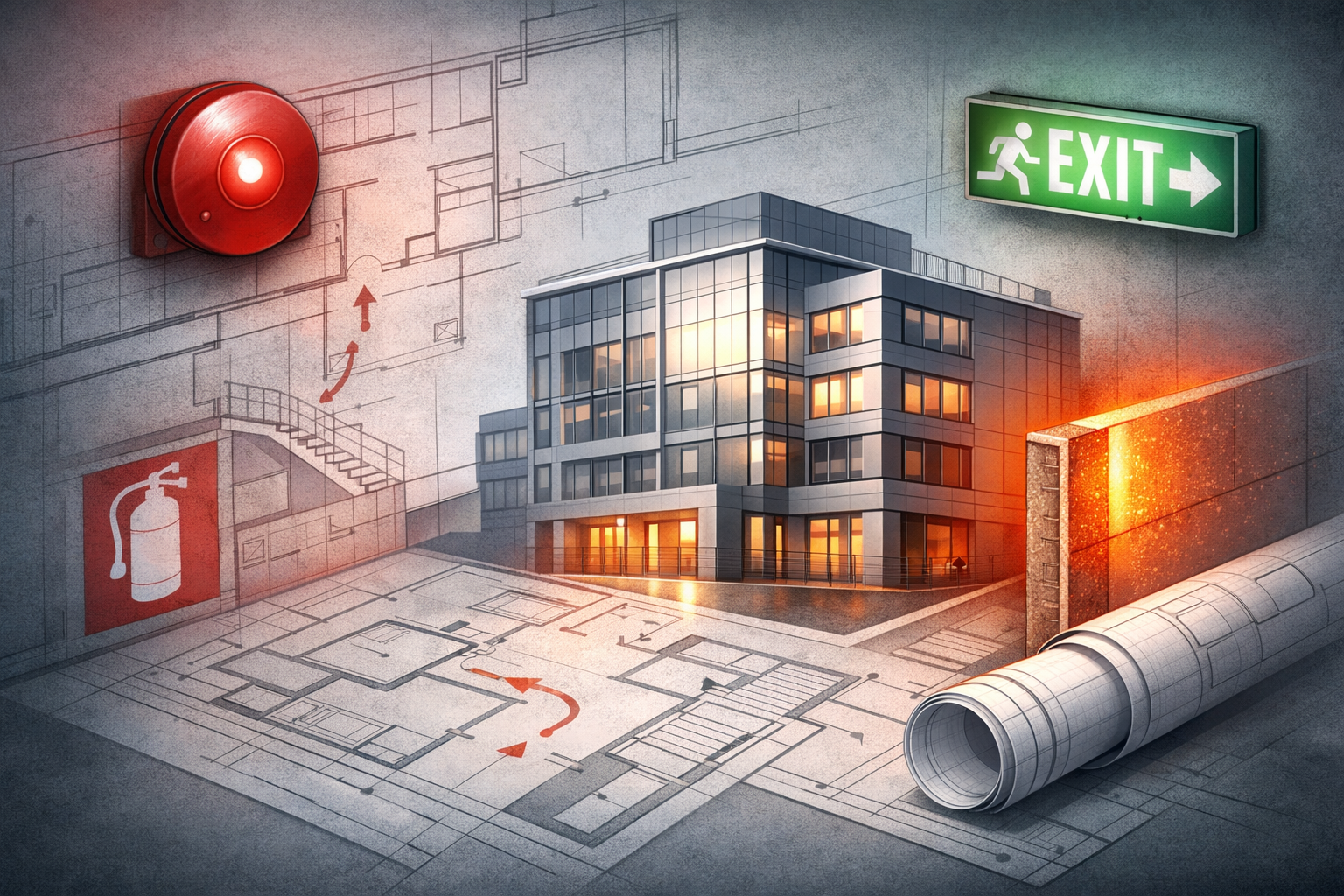PAT testing significantly contributes to electrical safety in the UK, despite not being legally obligatory. It involves testing and inspecting electrical appliances and equipment to ensure safety. If you own or operate a business, or if you’re a landlord, then you need to understand the requirements of PAT testing and how it can help protect your customers and tenants.
In this blog, we’ll take a look at:
- what PAT testing is,
- when it’s necessary,
- the requirements for a PAT testing certificate in the UK,
- how to find a suitable PAT tester,
- PAT testing for landlords,
- PAT testing costs,
- PAT testing for businesses.
What is PAT Testing?
PAT is short for Portable Appliance Testing. It’s a type of electrical safety testing that involves the inspection and testing of electrical equipment and appliances to ensure they are safe to use. While not a legal requirement in itself, PAT testing is a recommended practice in the UK to ensure that your business, tenants, and customers are protected from any potential risks.
The purpose of PAT Testing is to identify any faults in electrical equipment and appliances that could potentially lead to an electrical accident. Faulty equipment can cause electrical shock, fire, or even death. PAT Testing is designed to identify any issues with the equipment before they become dangerous.

PAT Testing involves a visual inspection of the equipment, followed by a series of tests to check the insulation, electrical wiring, and other components. The tests are designed to check that the equipment is safe to use and meets the relevant safety standards. Once the tests have been completed, a PAT Test Certificate is issued. While the certificate itself is not legally required, it is good practice to display it in the workplace or property to demonstrate a commitment to electrical safety.
When is PAT Testing Necessary?
PAT Testing is not a strict legal requirement in the UK but is strongly recommended to ensure the safety of all portable electrical equipment and appliances. This includes any electrical appliances that are used in the workplace or in a private home.
For businesses, it is highly recommended to carry out PAT tests on any electrical equipment used in the workplace. This includes computers, printers, and other office equipment, as well as any electrical tools or machinery. PAT should also be carried out on any electrical appliances used in the workplace, such as microwaves, kettles, and fridges.
In the private sector, landlords are required to carry out PAT Testing on any electrical appliances in their rental property. This includes any appliances that are provided to tenants, such as washing machines, ovens, and fridges.
PAT Testing Requirements in the UK
In the UK, there are certain requirements for a PAT Testing Certificate. It’s important to ensure that all PAT tests are carried out in accordance with the relevant regulations. The Electricity at Work Regulations 1989 states that all electrical equipment must be maintained in a safe condition and that PAT Testing should be carried out at least every 12 months.
The Health and Safety Executive (HSE) is responsible for enforcing the regulations, and failure to comply with the regulations can result in a fine. It’s important to ensure that all PAT is carried out by a competent person with adequate training and experience. The certificate must be displayed in the workplace or property and must be updated every 12 months.

How to Find a Suitable PAT Tester
Finding a competent PAT tester can be a daunting task. It’s important to ensure that they have adequate training and experience in PAT Testing. A competent PAT Tester should have the relevant knowledge and experience.
Before hiring a PAT tester, it’s important to ask for references and check their competence and experience in PAT testing. You should also ask for a copy of the PAT Test Certificate and check that it meets the relevant regulations. It’s also a good idea to ask for a copy of their insurance policy to ensure that they are covered in the event of any damage or injury caused by their work.
PAT Testing for Landlords
Landlords are required to carry out PAT testing on any electrical appliances in their rental property. This includes all appliances that are provided to tenants, such as washing machines, ovens, and fridges. The certificate must be updated every 12 months.
Landlords need to ensure that their tenants are aware of the PAT testing requirements. Landlords should provide their tenants with a copy of the PAT test certificate and ensure that they understand the importance of PAT testing.
PAT Testing Costs
The cost of PAT testing can vary depending on the size and complexity of the equipment. Generally, it will cost around £50-£100 for a single PAT Test but there are options to group small appliances and test them together for a single fee.
However, for larger or more complex pieces of equipment, the cost can be significantly higher. It’s important to shop around and compare prices to get the best deal.
Below is a table showing the average figures for various numbers of appliances:

It’s important to note that this should only be done by someone who is experienced in PAT Testing. Failing to carry out PAT Testing correctly can result in a fine or even imprisonment.
PAT Testing Requirements For Businesses
Businesses are required to carry out PAT tests on any electrical equipment used in the workplace. This includes computers, printers, and other office equipment, as well as any electrical tools or machinery. The certificate must be displayed in the workplace and must be updated every 12 months.
It’s also important for businesses to ensure that their employees are aware of the PAT testing requirements. Companies should provide their employees with a copy of the PAT Test Certificate and ensure that they understand the importance of PAT testing.
Hire Local Validated PAT Testers
PAT tests are a necessary part of electrical safety in the UK. While not a legal requirement, they are strongly recommended in the workplace and for landlords to ensure the safety of electrical appliances. It’s important to ensure that all PAT testing is carried out in accordance with the relevant regulations.
PAT testing is designed to identify any faults in electrical equipment and appliances that could potentially lead to an electrical accident.
It’s important to ensure that all PAT tests are carried out by a competent PAT tester and that a PAT Test Certificate is issued.
Contact Highlands today to book your PAT test certificate. We have a team of certified electricians ready to test electrical appliances in your workspace or your property.




.png)